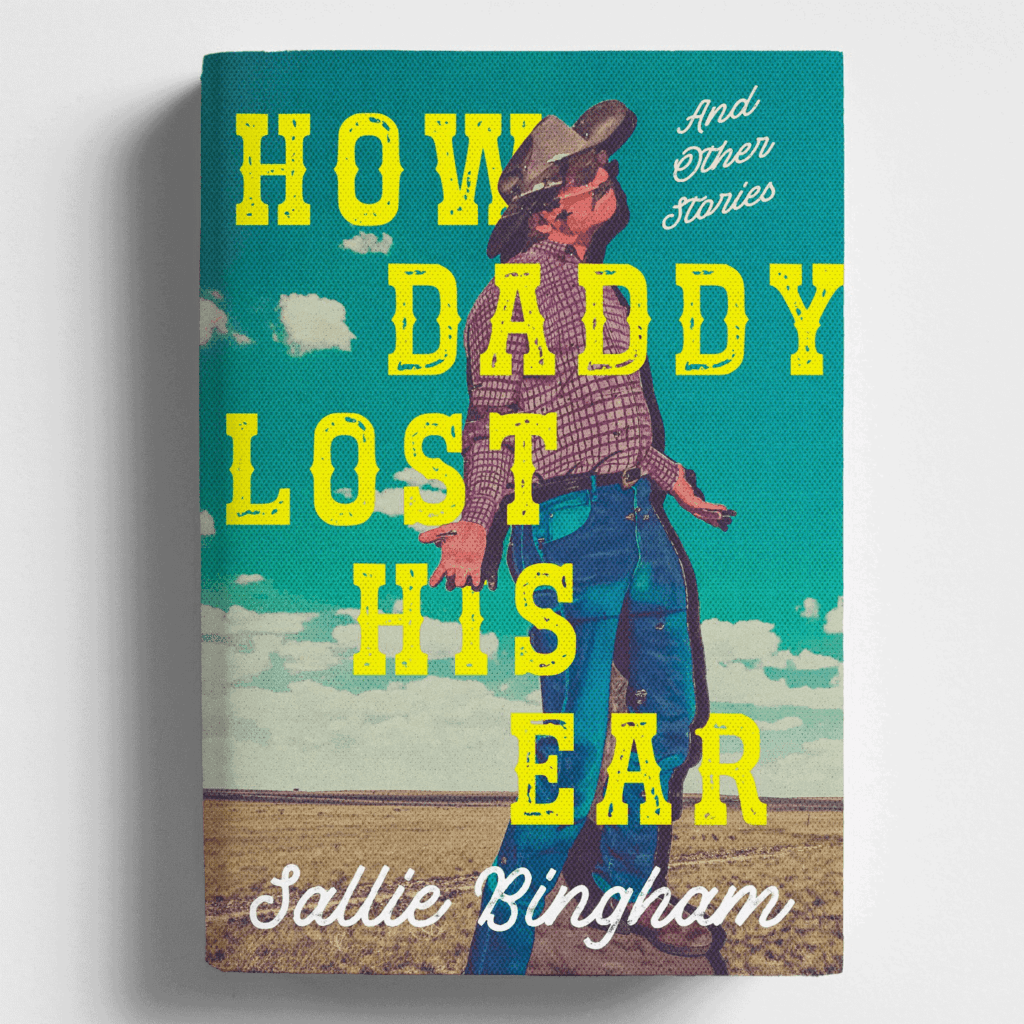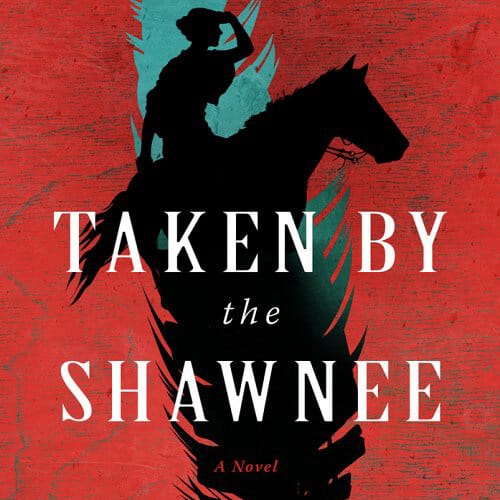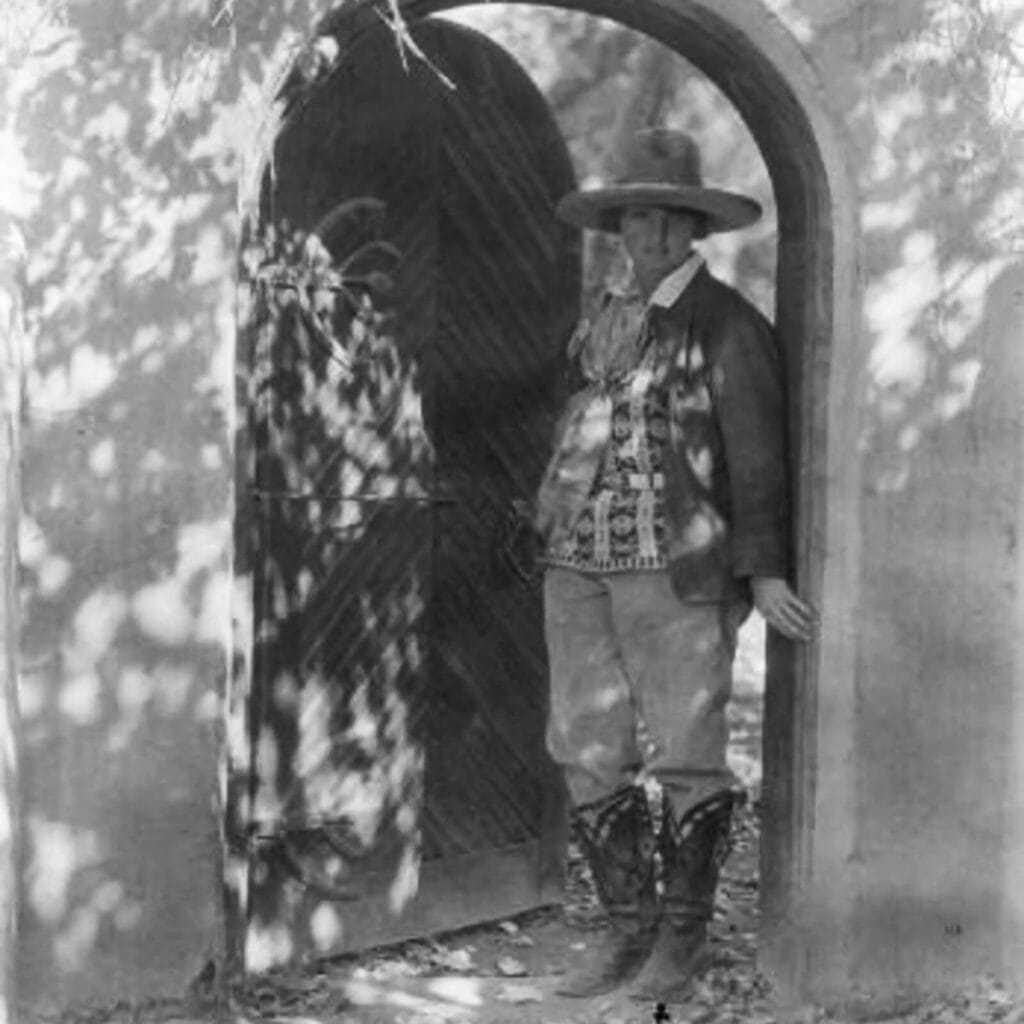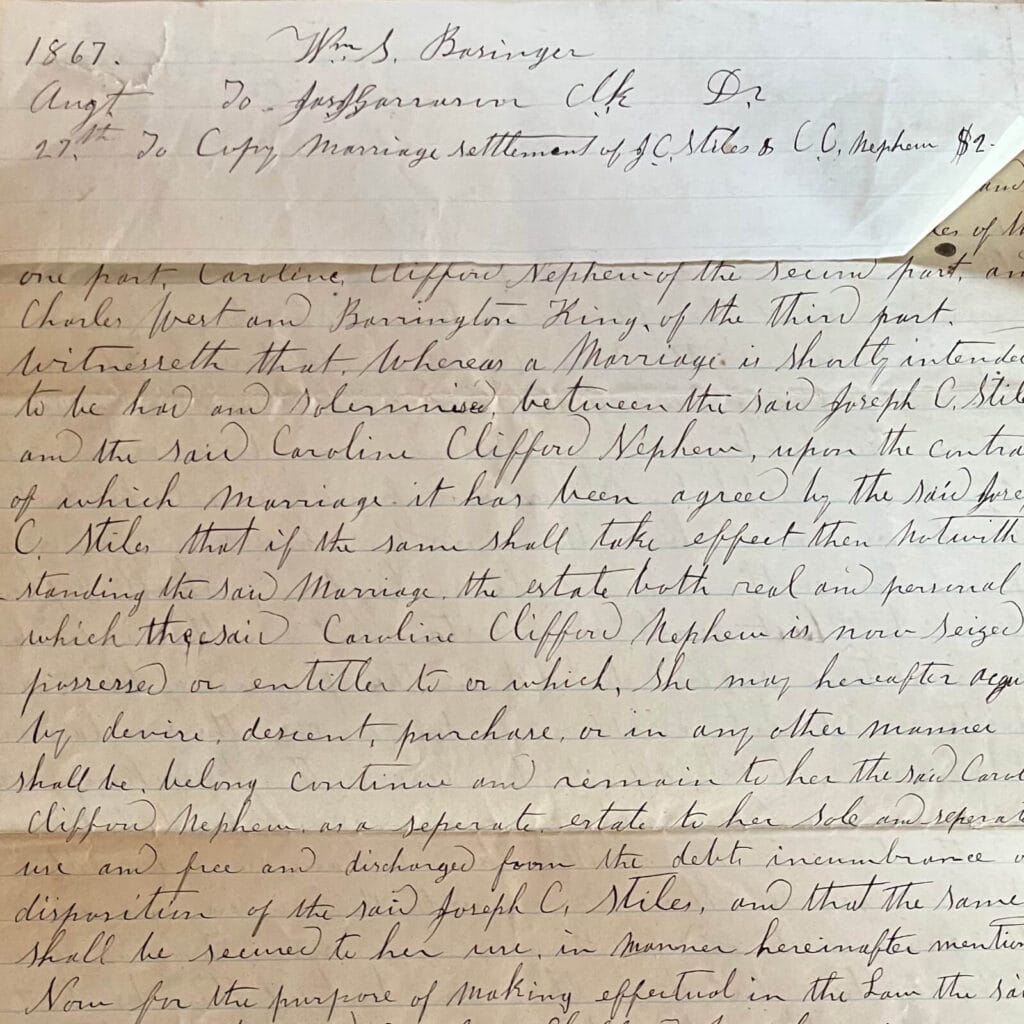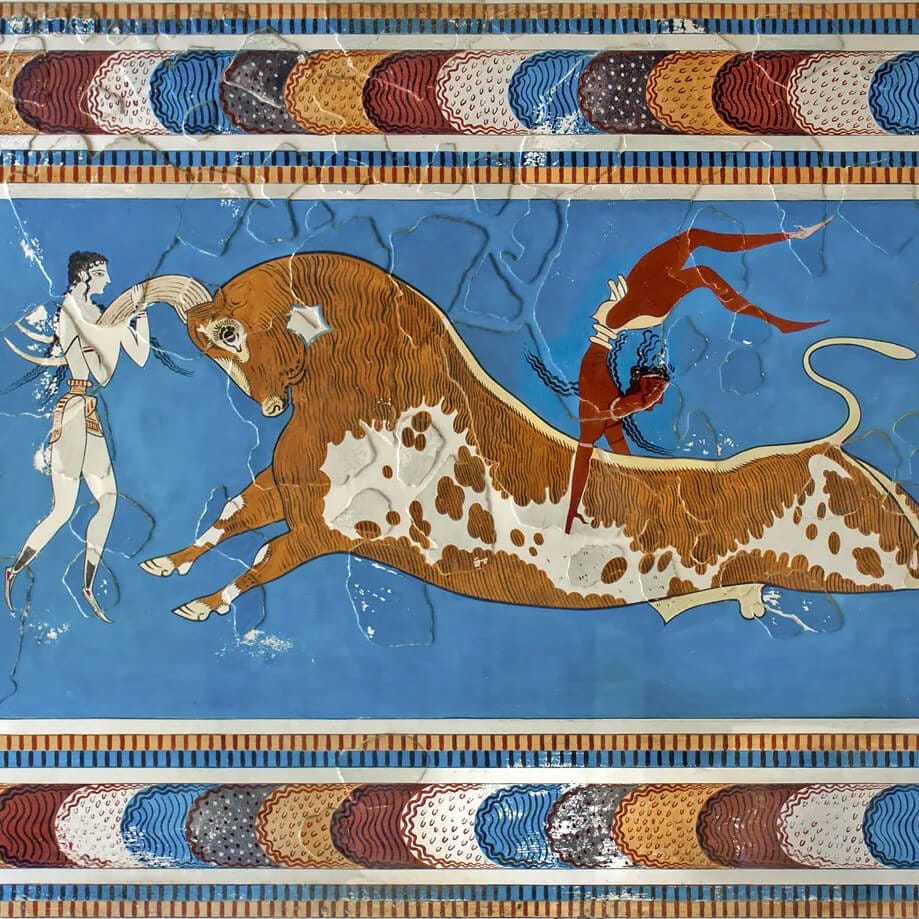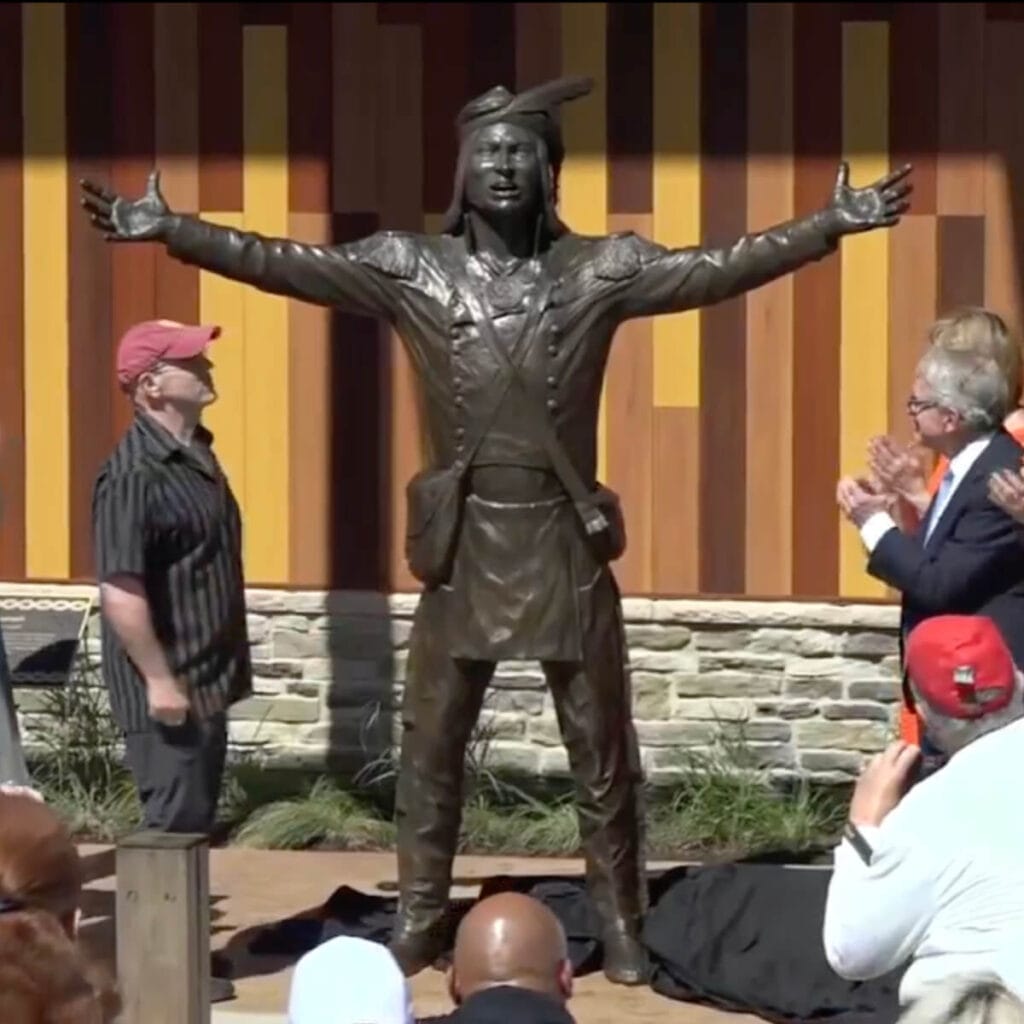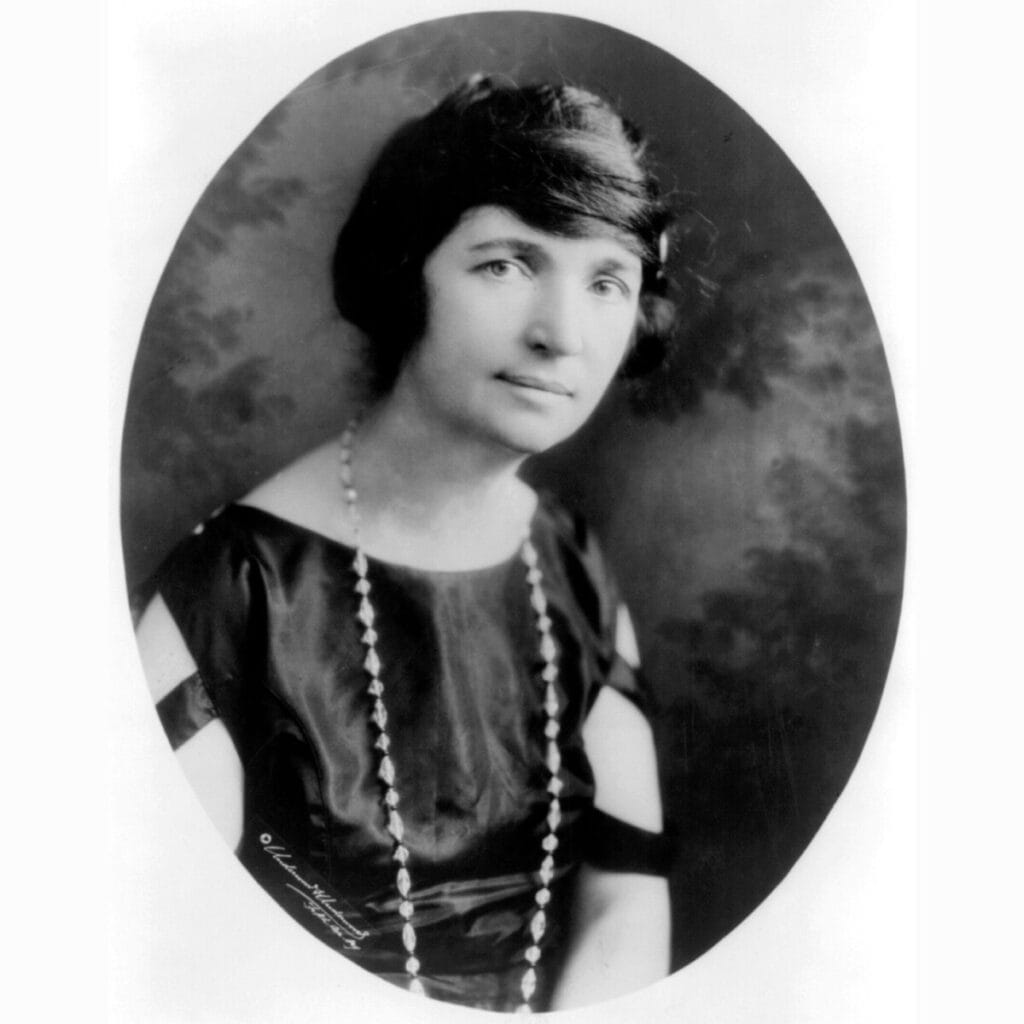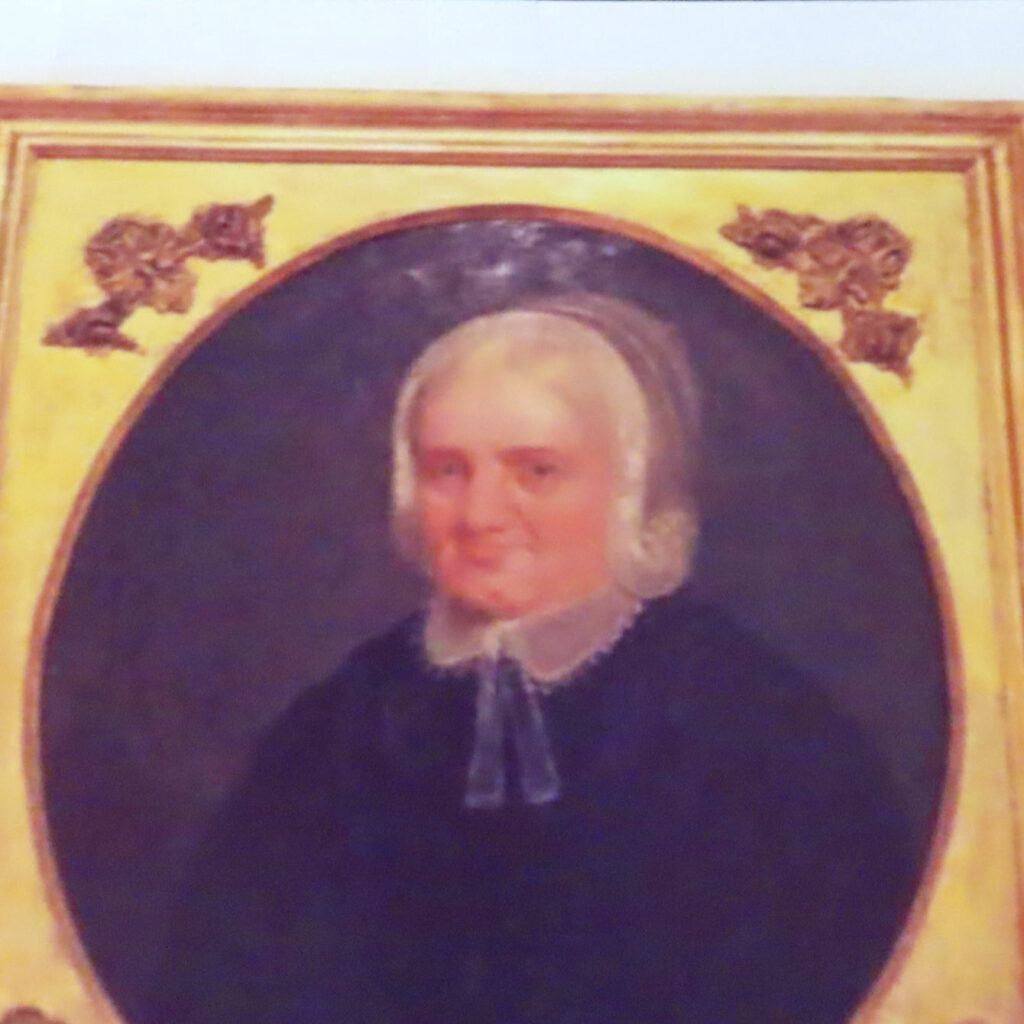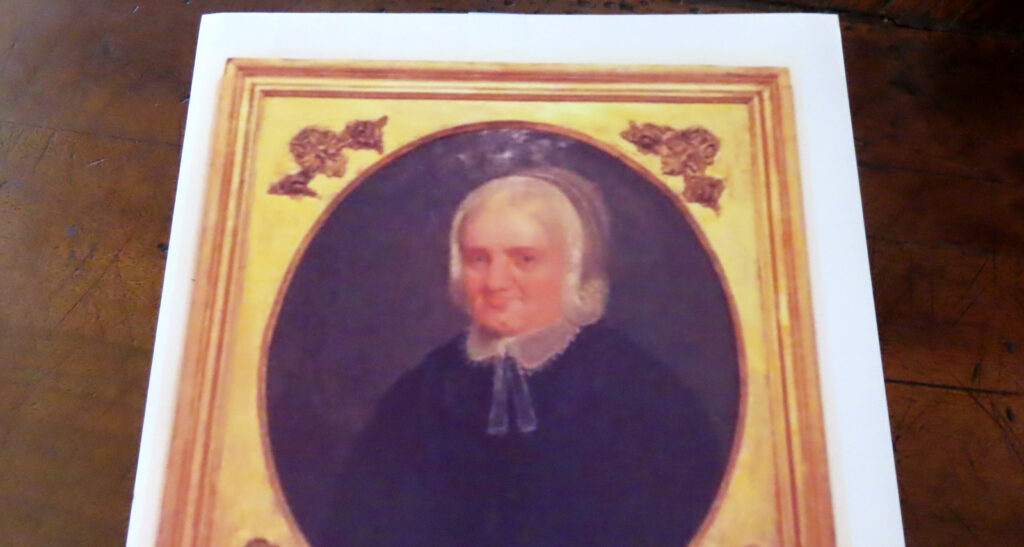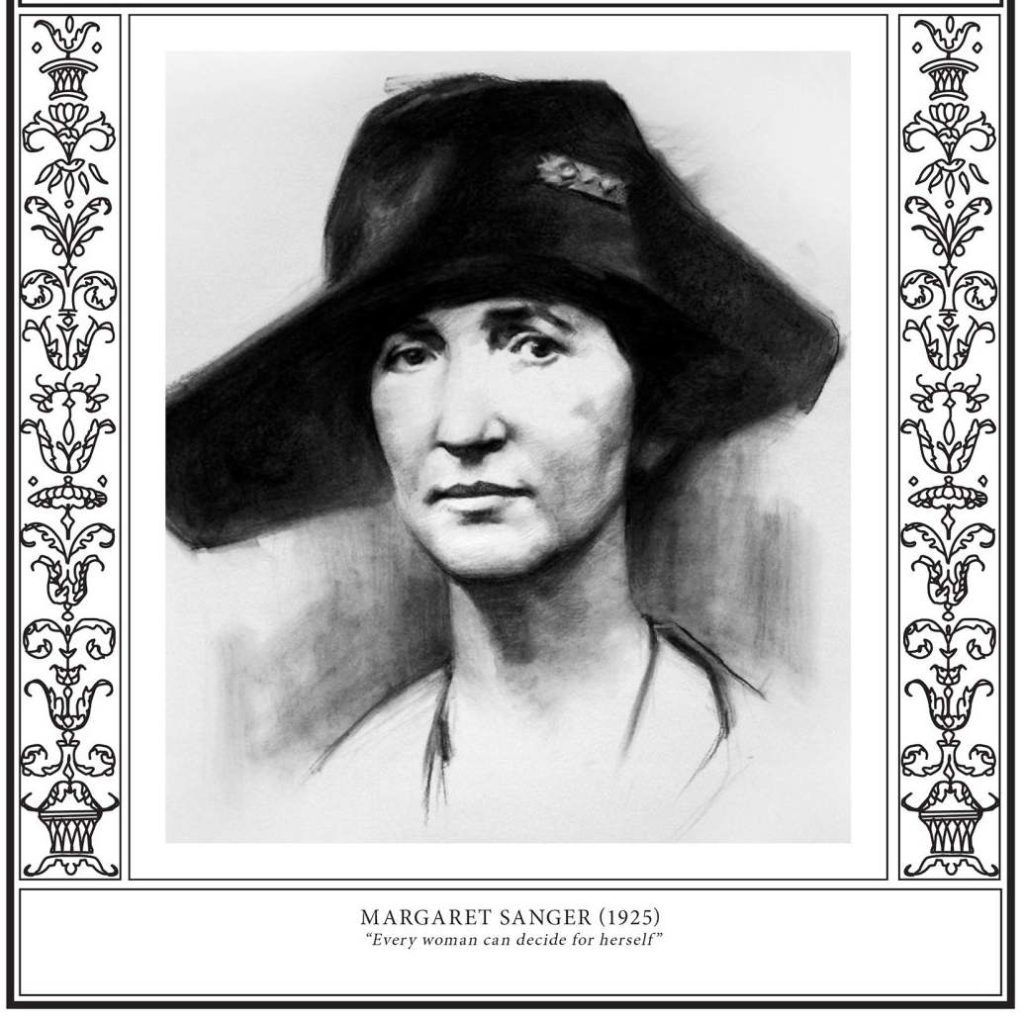It has taken many years, many rejections, disappointments and sidetracks, to get to the place I wanted to be when I published my first book in the 1960s.
How Daddy Lost His Ear: And Other Stories
“Bingham brings us the gift of lives, visible and invisible, the mystery of belief in ancient tribal gods and un-Christian love. The sacred and profane are easy riders in this unforgettable book.”
— Benita Eisler, author of The Red Man’s Bones: George Catlin, Artist and Showman
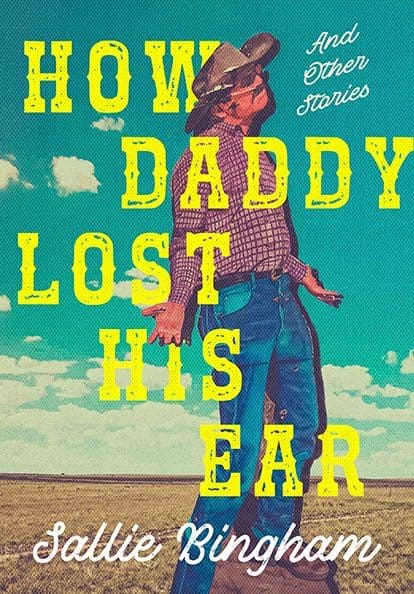
Available Sept 23
Four generations of outrageous, of-the-moment characters thrive amidst hardship in their own way, turning the myth of the Old West on its head.
These men, women, and children don’t just endure. They thrive in their own peculiar style, turning seemingly tragic outcomes into sources of outrageous humor, and nourishing indelible family ties. This is the West as it was and is, a complex web of traditions and surprising, even shocking, ways of turning hardship into triumph.
Awards for these stories
“What I Learned from Fat Annie”
Recipient of the Thomas Wolfe Fiction Prize for 2023.
Read It Here
“How Daddy Lost His Ear”
Second prize in the 2023 Sean O'Faolain Short Story Competition.
“July Fourth”
Honorable Mention in the 2024 Stories That Need to Be Told Contest.
Taken by the Shawnee
“This is an amazing book, and I couldn’t stop reading it.”
— Joan Silber, PEN/Faulkner and National Book Critics Circle Award-winning author of Secrets of Happiness and Improvement
“Sallie Bingham has imagined her ancestor’s history so graphically, so passionately, that every page of this astounding story electrifies.”
— Joan Frank, author of Juniper Street: a Novel and Late Work

Now Available from Turtle Point Press
In a most unusual portrait of early America, a young mother’s years in captivity with the Shawnee prove to be the best years of her life.
It’s 1779 and a young white woman named Margaret Erskine is venturing west from Virginia, on horseback, with her baby daughter and the rest of her family. She has no experience of Indians, and has absorbed most of the prejudices of her time, but she is open-minded, hardy, and mentally strong, a trait common to most of her female descendants–Sallie Bingham’s ancestors...
This is the seldom told story of the making of this country in the years of the Revolution, what it cost in lives and suffering, and how one woman among many not only survived extreme hardship, but flourished.
“Bingham recounts this fascinating story of capture, survival, progress, healing, and return with lush descriptions and respect for all involved with Margaret’s complicated story. She is a smart and empathetic writer, and has created an awesome account of female survival at a horrific time.”— Booklist
“The novel paints a compelling portrait of womanhood in this era. Crucially, the author depicts the violence of the period as integral to the colonial project, dismissing any propagandistic delusions of one-sided "savagery" and instead depicting each culture without romance or bias.”— Kirkus Reviews

Sallie Bingham (1937-2025) was a writer, teacher, feminist activist, and philanthropist.
Sallie’s first novel was published by Houghton Mifflin in 1961; she published six additional novels and the well-known family memoir, Passion and Prejudice (Knopf, 1989). Her biography, The Silver Swan: In Search of Doris Duke, was published by Farrar, Straus and Giroux in 2020.
She was founder of the Kentucky Foundation for Women, which published The American Voice, as well as the Sallie Bingham Center for Women’s History and Culture at Duke University.

